
Ethiopia's foreign ministry lists 2 Somali regions under category of independent countries - A deliberate decision or another blunder?
It’s far from clear whether the insertion of Ethiopian consular offices in the northern cities of Garowe and Hargeisa among the list of Addis Ababa’s foreign missions abroad is a deliberate move by the ministry or another blunder. Ethiopia is known to maintain warm ties with Somali regional administrations, but made no official prouncements recognizing any of them as independent states.
Late last year, President Mohamed Abdullahi Mohamed "Farmajo” for the first time publicly said that Ethiopia and Kenya had directly interfered in the internal affairs of his nation and demanded the two neighboring countries treat Somalia as an "equal” partner.
The leaders of Somalia, Ethiopia and Eritrea had in a joint statement last year "stressed the importance of respecting the sovereignty, territorial integrity and political independence of Somalia as well as their firm support for the Somali people and the federal government of Somalia and all its institutions.”
While the administrations in Garowe and Hargeisa – which call themselves Puntland and Somaliland respectively — appeared alongside Rwanda, Nigeria, South Africa and Somalia, yet the Ethiopian missions in them were the only ones with no functioning websites.
However, the shock revelation is certain to raise further questions about Prime Minister Abiy Ahmed’s policy toward Somalia, especially after he promised to open a new chapter in relations between the two neighboring countries. It will also dent Ahmed’s carefully crafted regional image as a peacemaker who ended a two-decade-long deadlock with Eritrea.
A Somali source told The Somalia Star that the once blossoming ties between President Farmajo and Ethiopian Prime Minister Ahmed have in recent months grown strained after the Somali leader expressed reservations about a last year agreement that allowed Ethiopia to invest in four Somali seaports.
In its Sunday apology, the Ethiopian ministry claimed that the incorrect African map that added Somalia to Ethiopia and omitted several other countries had "crept in on” the ministry’s website. The Ethiopian "clarification” said the ministry’s information and communications technology team was "working to ensure the security” of the site.
The African map was a cause for alarm in Somalia, where Ethiopia is loathed and its actions and statements about the Horn of Africa nation are easily interpreted as a casus belli.
Under the headline "African Countries”, the map — which was later taken down and replaced with the correct one — spelled out the names of African nations except Somalia and several others.
The Somali government is yet to comment on the Ethiopian ministry’s post.
On Sunday, Somalis expressed anger, disbelief and shock over the Ethiopian map, with one lawmaker calling it "an act of aggression” and an analyst saying it laid bare Addis Ababa’s "expansionist tendencies and colonialist mentality.”
The Ethiopian ministry initially seemed to cover up its blunder by replacing the map with another that included Somalia incorporated into the Ethiopian map, which seemed to recognize the northwestern Somali region of Somaliland as an independent country.
The ministry didn’t say how did the incorrect map appear on its website. Nor did it elaborate on how long it has been there.



 0
0 
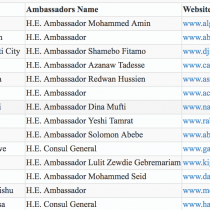


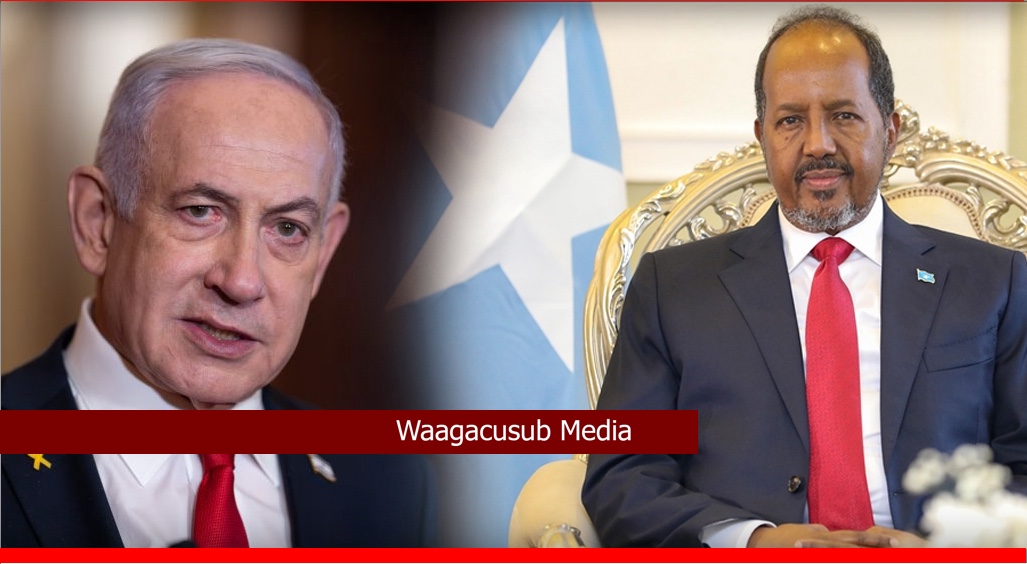

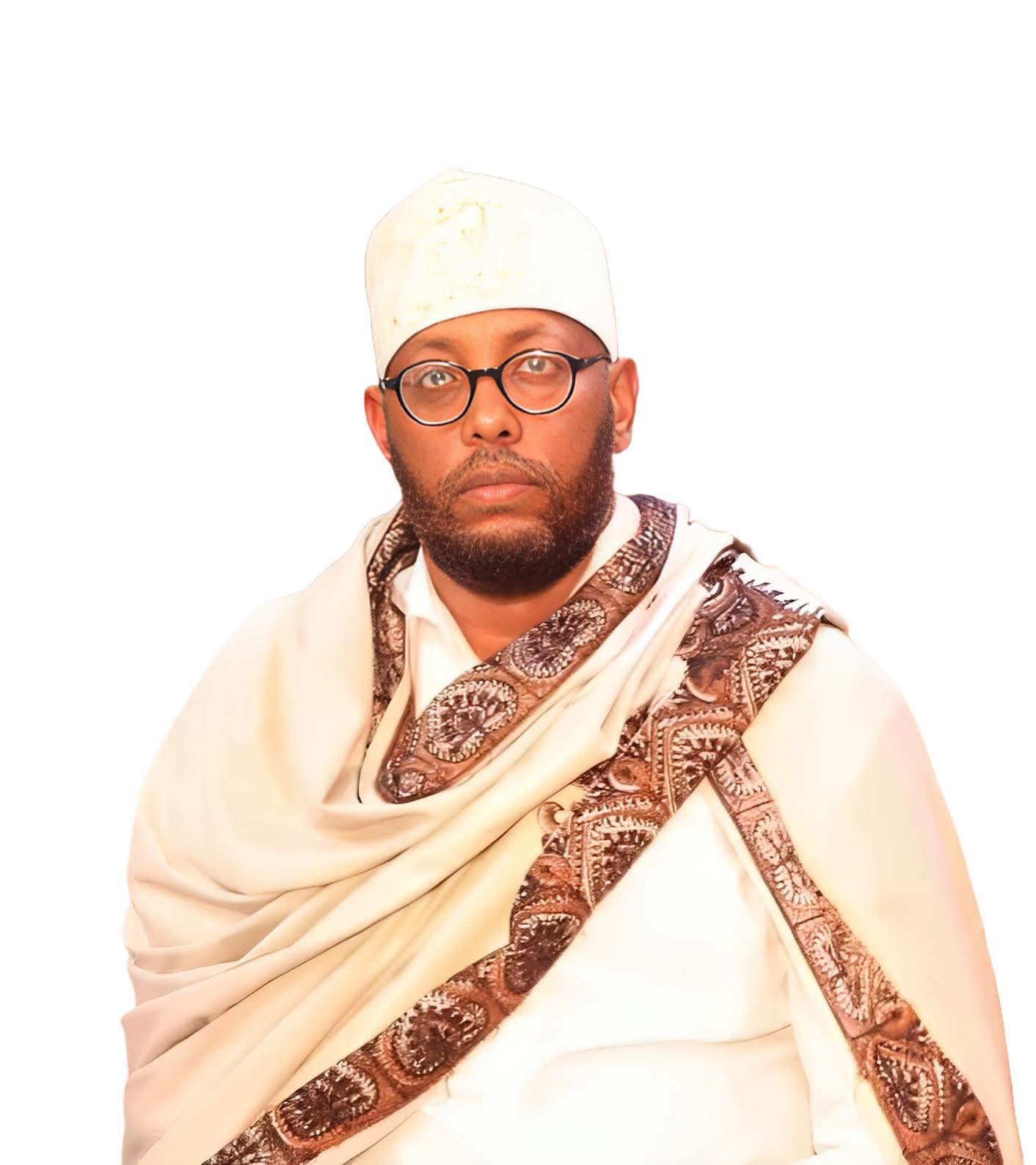

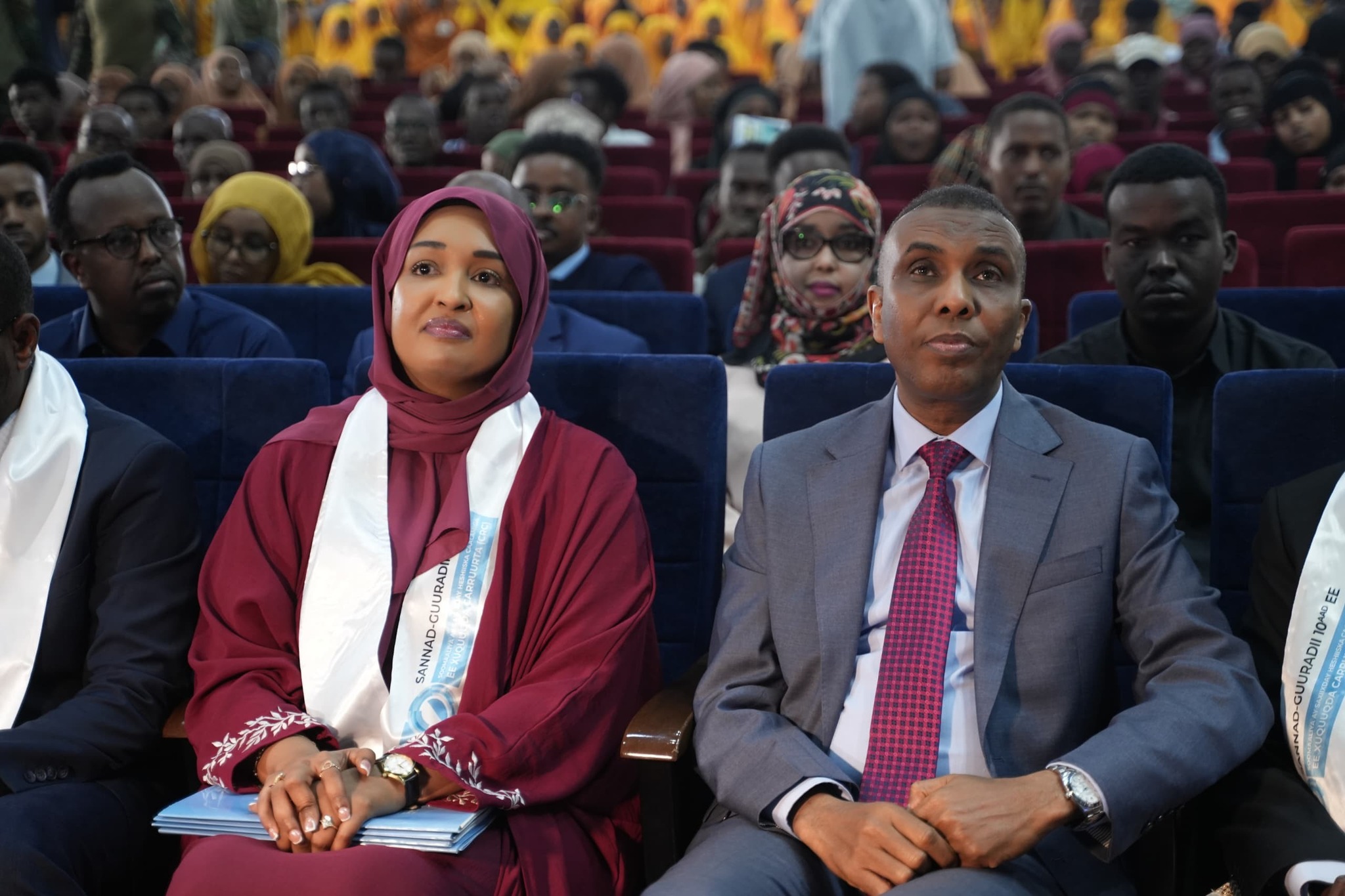
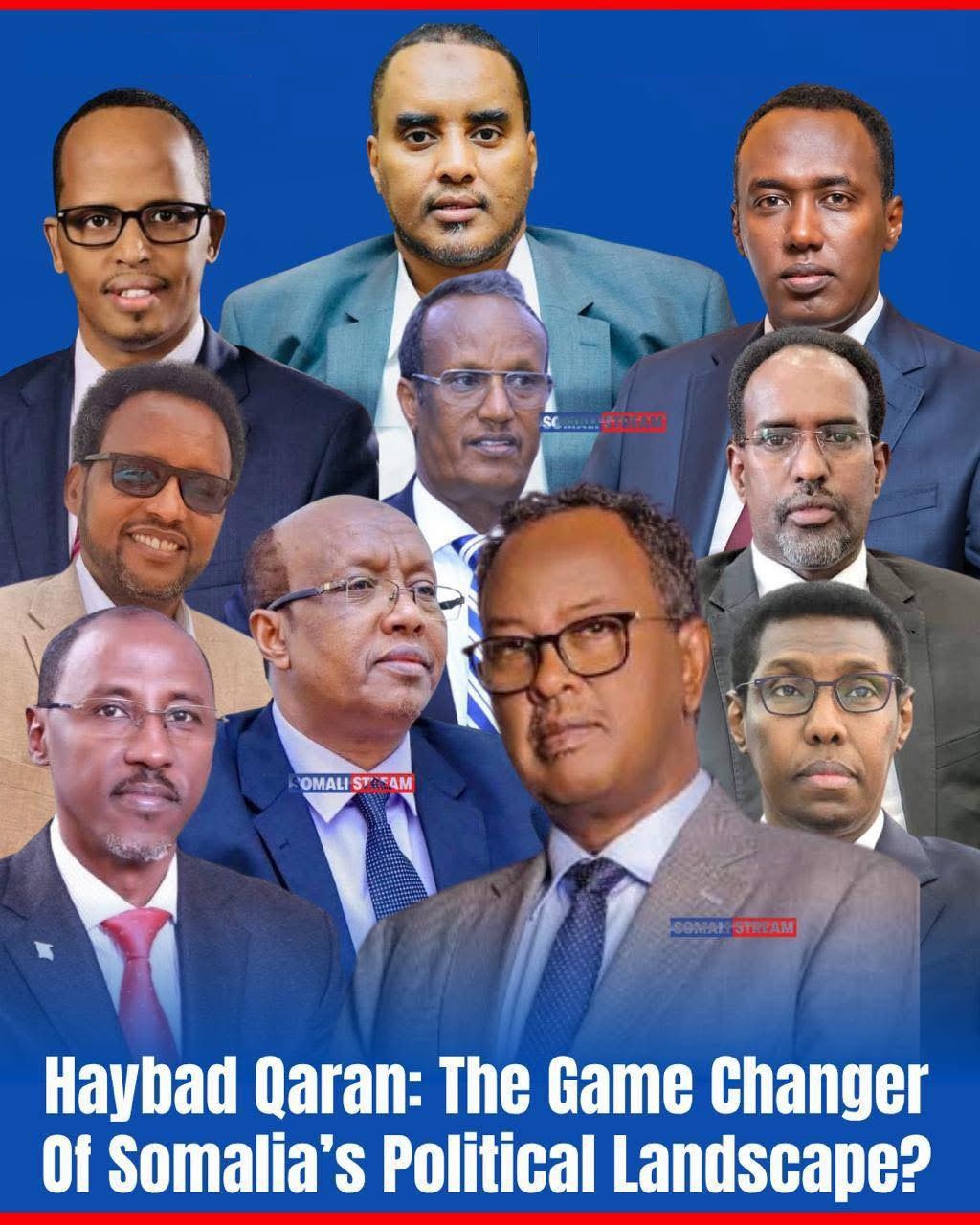

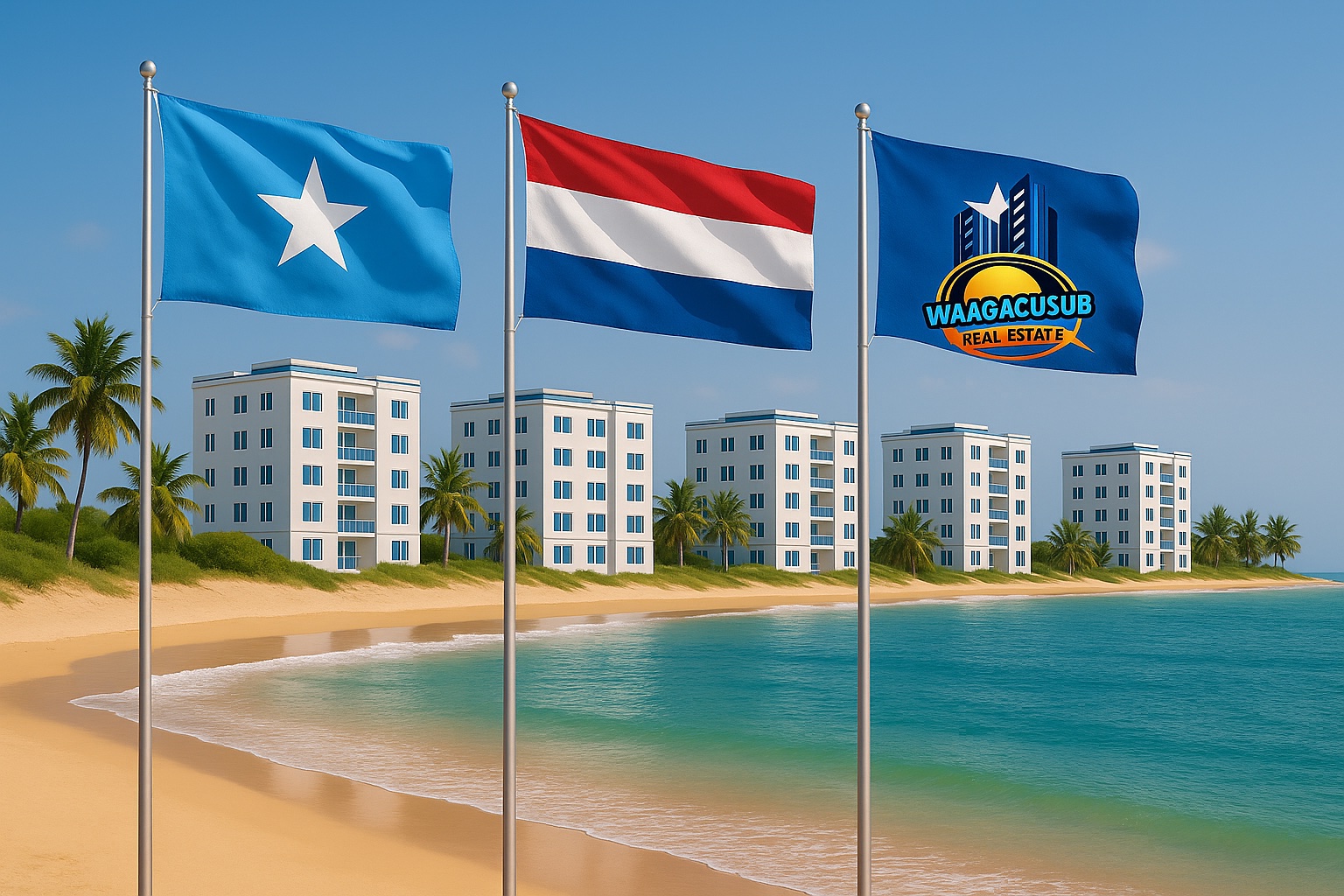
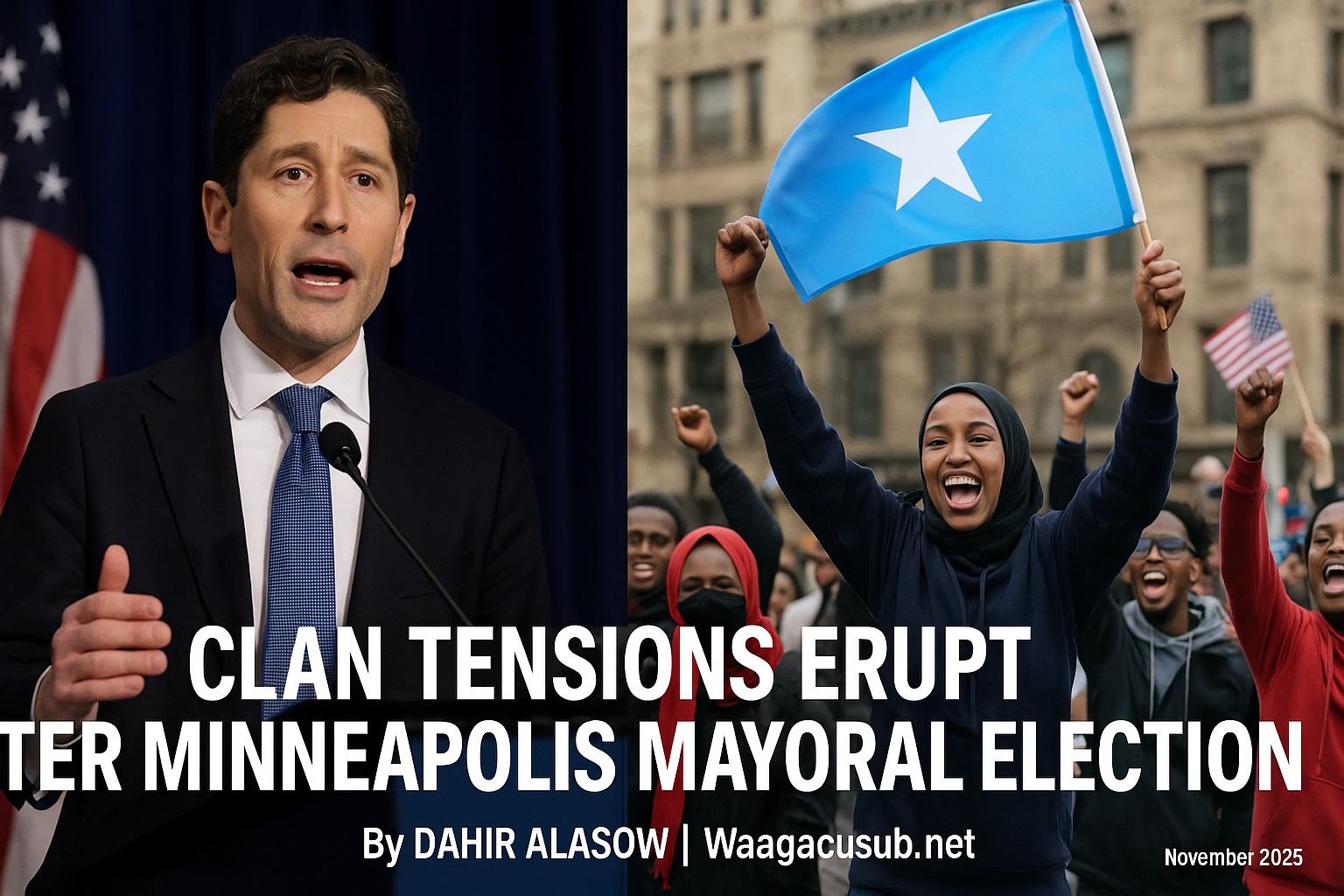


Ethiopia's foreign ministry lists 2 Somali regions under category of independent countries - A deliberate decision or another blunder?
MOGADISHU – Just days after Ethiopia's ministry of foreign affairs apologized for an incorrect map it posted online that showed Somalia as a part of its country, its website is curiously listing two Somali regions under the category of ind